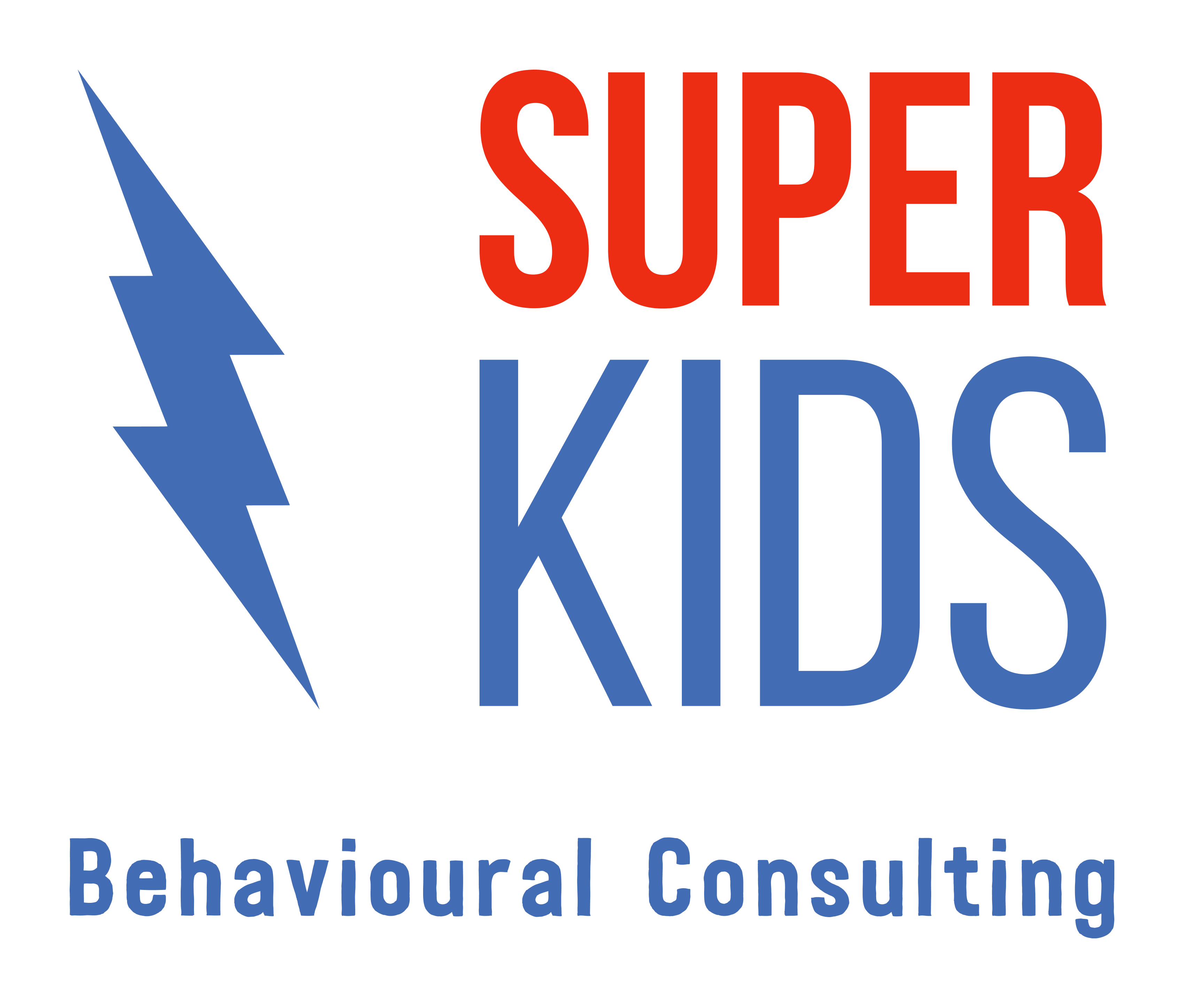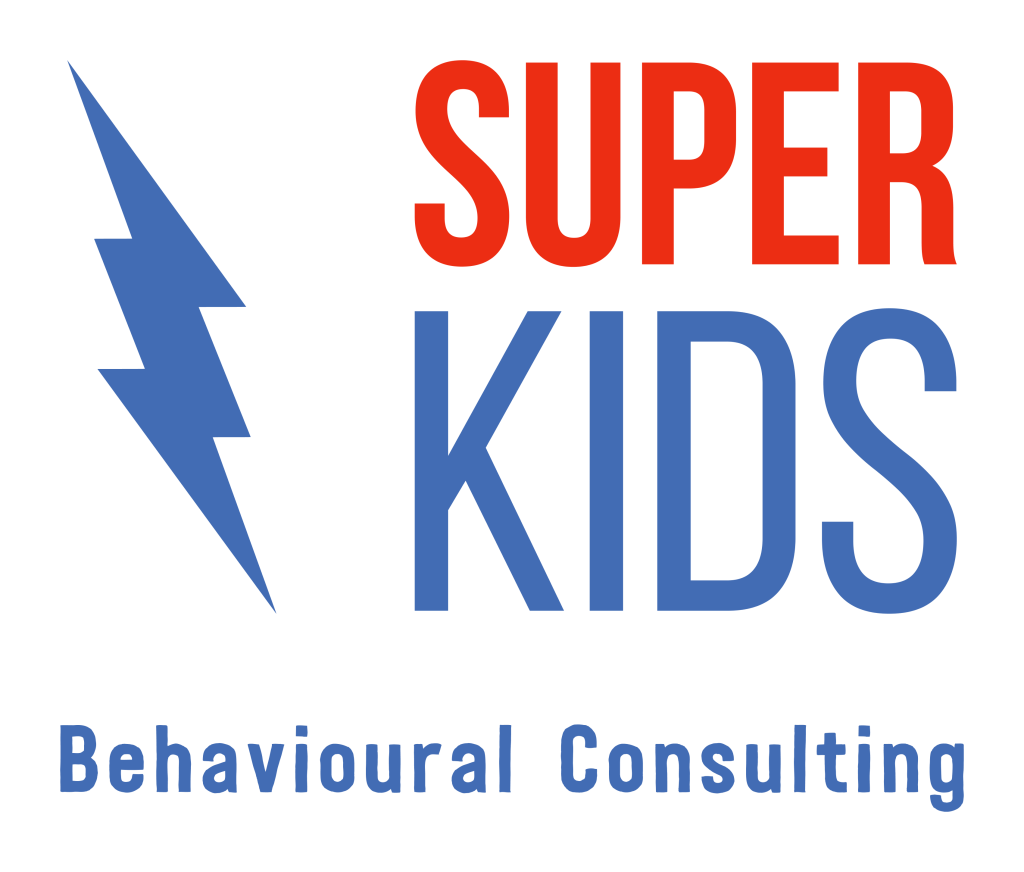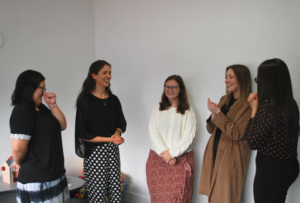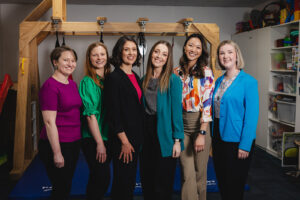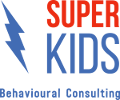Understanding the Differences: Global Developmental Delay and Autism

Renee Collins
CLINICAL DIRECTOR

In the realm of developmental disorders, two terms often cause confusion: Global Developmental Delay (GDD) and Autism Spectrum Disorder (ASD). So what are the differences between Global Developmental Delay and Autism? While both affect a child’s cognitive and social development, they have distinct differences that play a crucial role in early diagnosis and intervention.
Global Developmental Delay refers to a significant delay in two or more developmental domains, including cognitive, motor, speech, and social skills. On the other hand, Autism Spectrum Disorder is a neurodevelopmental condition characterized by differences in social interaction, communication, and repetitive behaviors.
Understanding these differences is essential for parents, caregivers, and healthcare professionals to provide targeted support and interventions. By identifying the unique traits and behaviors associated with GDD and ASD, we can unlock the best strategies for each child’s development.
Understanding the Characteristics of Global Developmental Delay
Global Developmental Delay (GDD) is a condition that refers to a significant delay in two or more developmental domains. These domains include cognitive skills, motor skills, speech and language skills, as well as social and emotional skills. Children with GDD may exhibit delays in reaching developmental milestones. For example sitting up, crawling, walking, talking, and interacting with others. Usually health professionals use the term ‘developmental delay’ only until they can work out what’s causing the delay. If and when they find the cause, they’ll use a term that better explains the child’s condition. This may include intellectual disability, fetal alcohol spectrum disorder or learning disability.
The symptoms and characteristics of GDD can vary widely from child to child, as the delays may affect different areas of development to varying degrees. Some children with GDD may have delays in all areas, while others may only have delays in specific domains. It is important to note that GDD is not a specific diagnosis, but rather a description of a pattern of delays.
It is crucial for parents and caregivers to be aware of the signs of GDD so that early intervention can be provided. Early identification and intervention can make a significant difference in a child’s development and improve their long-term outcomes.
Understanding the characteristics of Autism
Autism Spectrum Disorder (ASD) is a neurodevelopmental condition that changes how a person perceives and interacts with the world around them. It is characterized by differences in social interaction, communication, and repetitive behaviors. Autism is a spectrum disorder, which means that individuals with ASD can experience a wide range of symptoms and abilities.
The exact cause of autism is unknown, but it is believed to involve a combination of genetic and environmental factors. It typically becomes apparent in early childhood, although some individuals may not receive a diagnosis until later in life.
The characteristics of autism can vary widely from person to person, as each individual’s experience is unique. However, there are some common characteristics which include differences in social interactions, such as difficulty making eye contact, understanding and responding to social cues, and forming and maintaining relationships.
Communication challenges are also a hallmark of autism. Some individuals may have delayed or limited speech, while others may have a rich vocabulary but struggle with understanding and using language in a social context. Repetitive behaviors and restricted interests are another diagnostic feature of autism. Autistic individuals often displaying repetitive movements, strong interests, or adherence to routines. If you’re concerned about your child’s development and if they show Autistic characteristics, you should discuss this with your child’s GP, pediatrician or child and family health nurse.
How does Global Developmental Delay compare to Autism?
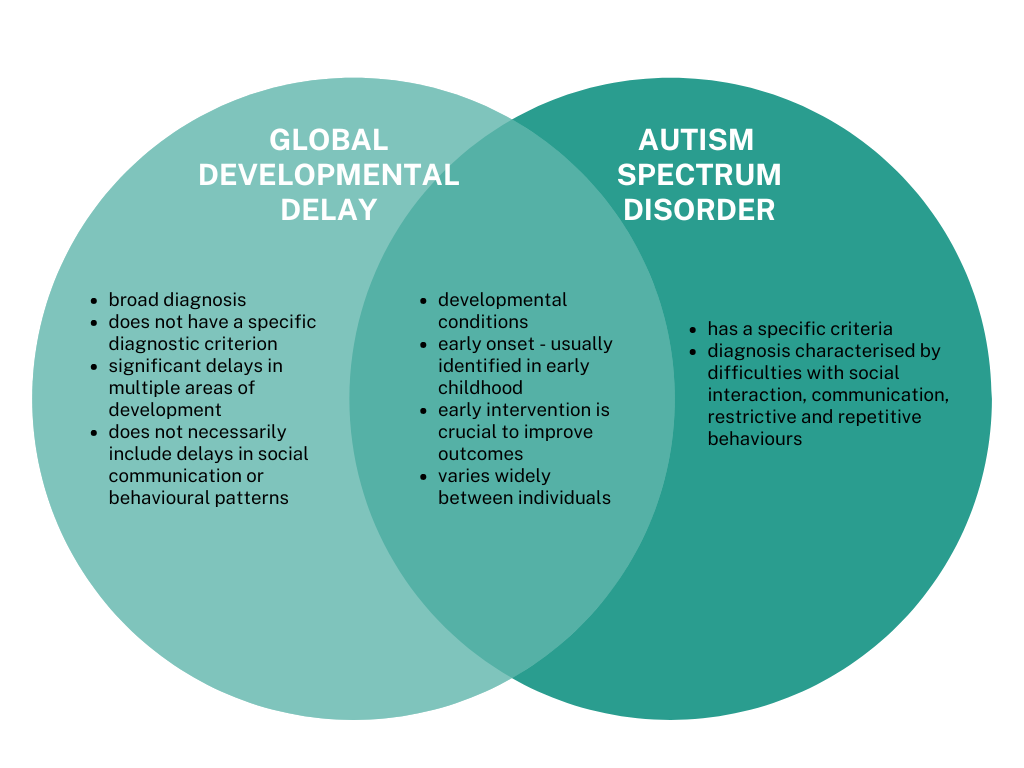
Diagnosing Global Developmental Delay and Autism
Diagnosing Global Developmental Delay and Autism Spectrum Disorder requires a comprehensive evaluation by healthcare professionals with expertise in developmental disorders. This is usually a paediatrician or psychologist. The diagnostic process involves gathering information from parents, caregivers, and observations of the child’s behaviour and development.
For Global Developmental Delay, healthcare professionals will assess the child’s developmental milestones and compare them to typical developmental patterns. The evaluation may involve standardized tests, observations, and interviews with parents and caregivers. It is important to rule out other possible causes of the delays, such as hearing or vision impairments, before a diagnosis of GDD is made.
In the case of Autism Spectrum Disorder, the diagnostic criteria are outlined in the Diagnostic and Statistical Manual of Mental Disorders (DSM-5). Healthcare professionals will evaluate the child’s social communication skills, repetitive behaviors, and restricted interests. The evaluation may involve observations, interviews, and assessments.
Are there differences in Early intervention and therapy for Global Developmental Delay and Autism?
Therapy options for Global Developmental Delay and Autism Spectrum Disorder are tailored to each individual’s specific needs and goals. Early intervention is important for both diagnoses. It can provide support and therapies that can significantly improve a child’s development and long-term outcomes.
Early intervention may involve a combination of therapies, such as speech therapy, occupational therapy, and ABA therapy. These therapies focus on improving communication, social interaction, and adaptive skills, while also addressing challenging behaviours. Super Kids Behavioural Consulting provides individualised programs for children with GDD to help them develop new skills and overcome common barriers.
Support and resources for families of children with global developmental delay and autism
Families of children with Global Developmental Delay and Autism Spectrum Disorder may face unique challenges and require support and resources. Fortunately, there are numerous organizations, support groups, and online communities that provide guidance, information, and a sense of community for parents and caregivers.
Raising Children’s Network – Educational tools and resources for families raising children in Australia
Autism What’s Next – Autism What’s Next provides a simple step-by-step guide on how to access information, therapies and support.
Autism Awareness Australia – Autism Awareness Australia offers a user friendly website and workshops, making it simple for families to access important information and resources about Neurodiversity.
These resources can offer valuable support, advice, and connections with other families who are navigating similar journeys. They may provide information on available therapies, interventions, educational resources, and strategies for managing the various challenges associated with GDD and ASD.
Summary
Early intervention and therapy play a crucial role in supporting the development of children with Global Developmental Delay and Autism Spectrum Disorder. Research has shown that early identification and intervention can lead to significant improvements in a child’s development and overall quality of life.
By providing targeted therapies and interventions at an early age, children with GDD and ASD can develop the necessary skills to overcome any barriers and reach their full potential. Early intervention may include a combination of therapies, educational support, and strategies to promote social and emotional development.
You can find out more about our ABA services and how we could best support your child. If you have any questions please feel free to contact us via our contact form.
Super Kids acknowledges each individual’s personal preference to use identity-first or person-first language to describe themselves or their loved one. We interchangeably use both language conventions and therefore refer to both Autistic children and children with Autism.
